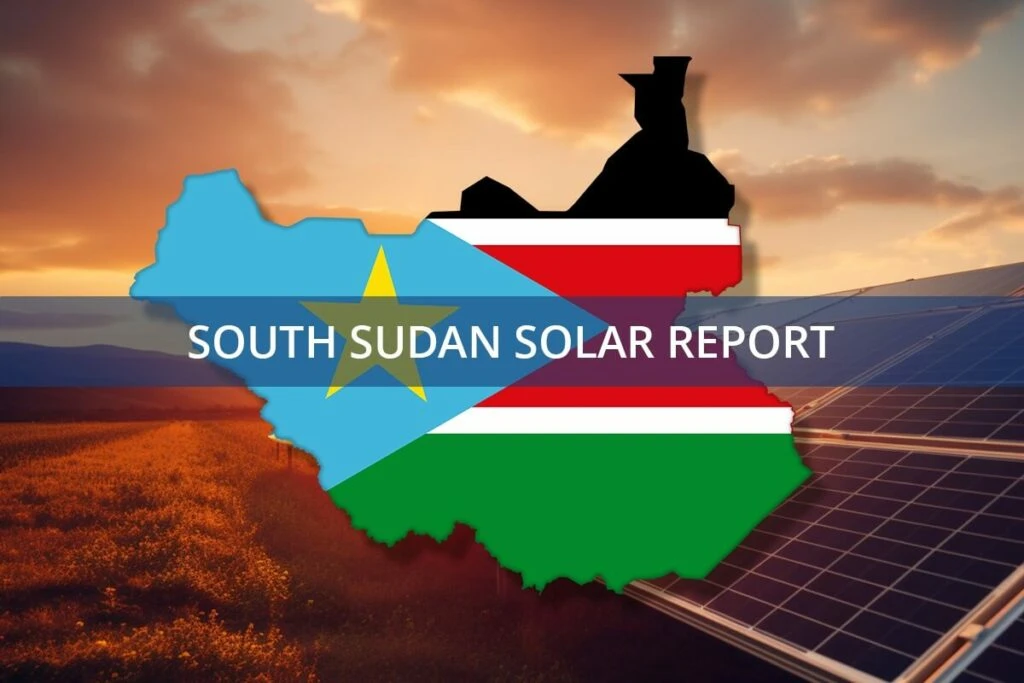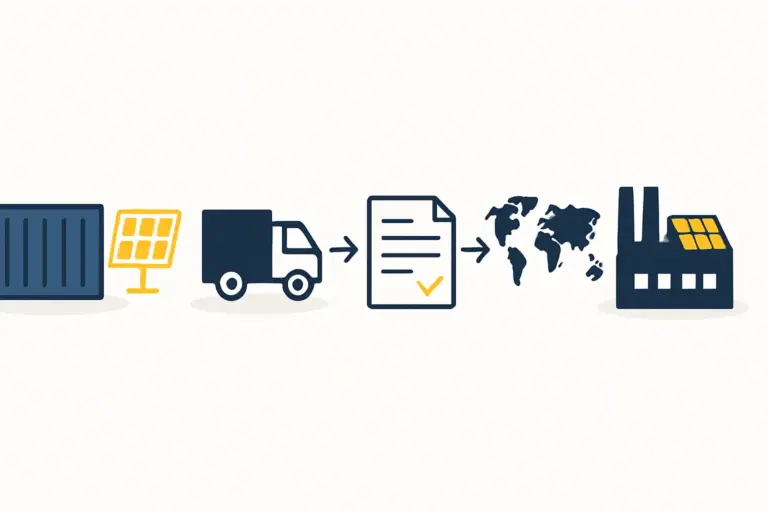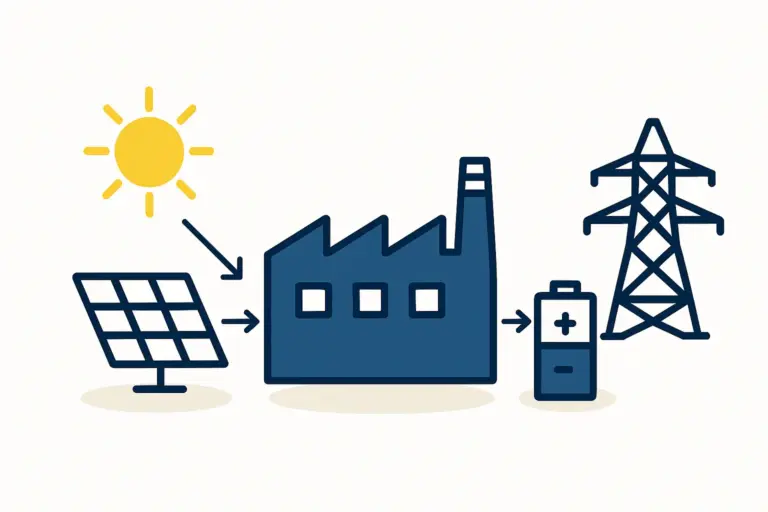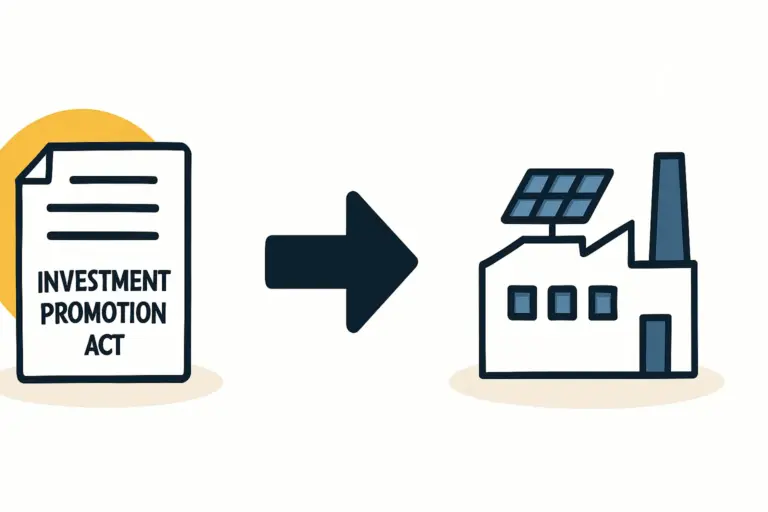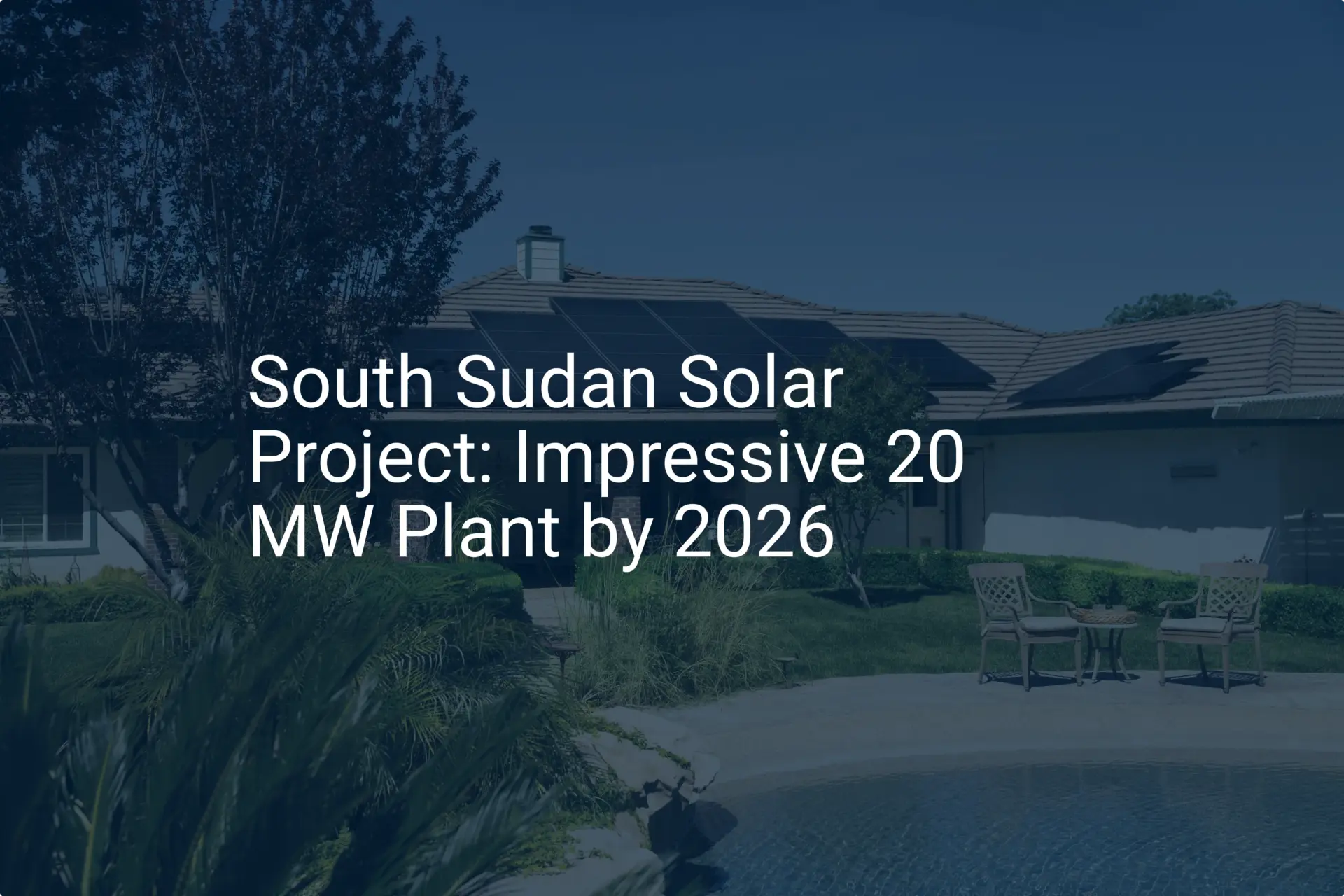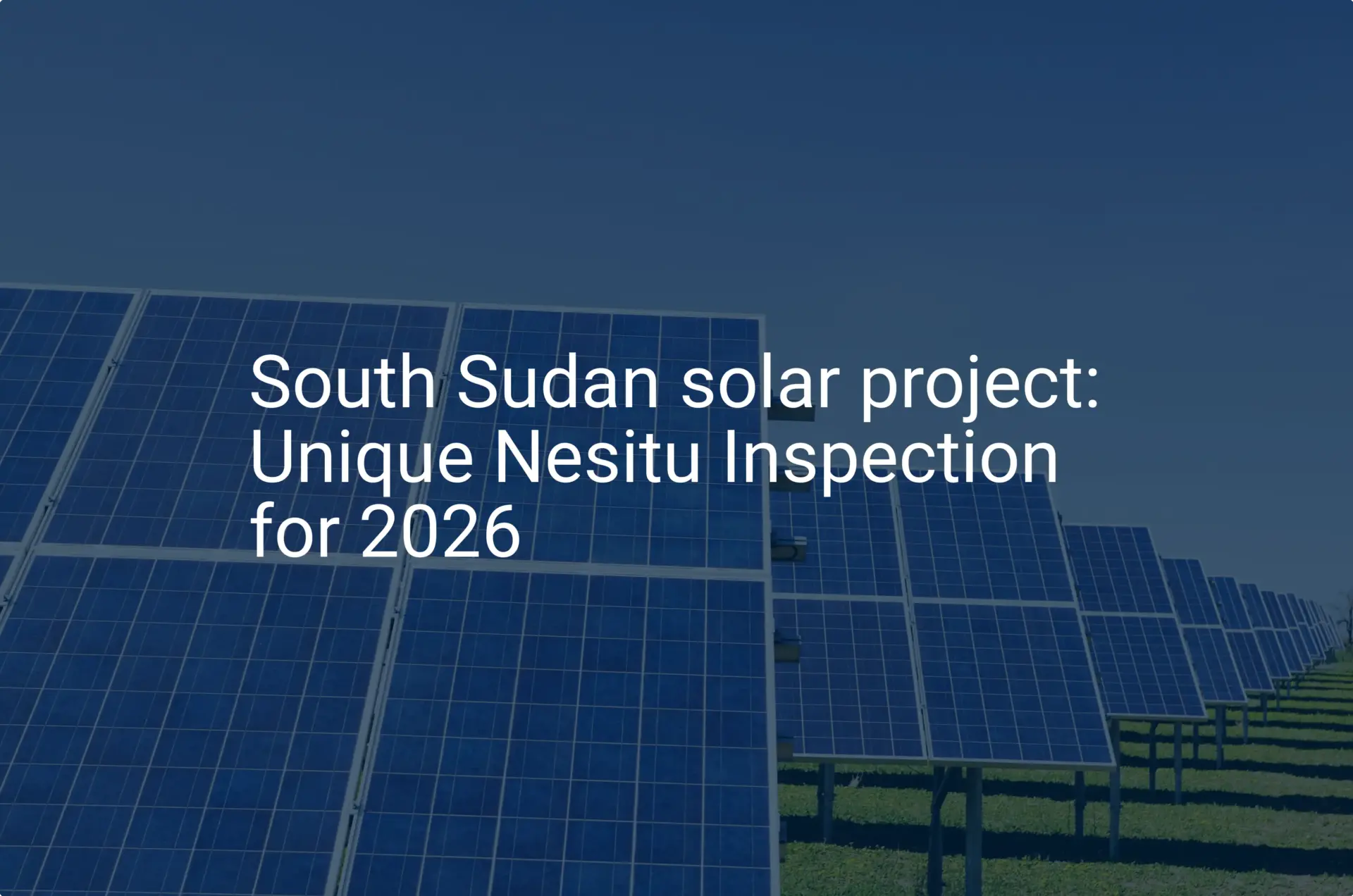Disclaimer: This case study represents a composite example derived from real-world
consulting work by J.v.G. Technology GmbH in solar module production and factory optimization. All data points are realistic but simplified for clarity and educational purposes.
For many international entrepreneurs, the prospect of establishing a manufacturing facility in an emerging market can be daunting. The complexities of legal frameworks, tax regulations, and bureaucratic procedures often present a significant barrier.
Yet, these challenges mask substantial opportunities, particularly in regions with vast, untapped potential like Sudan. The nation’s abundant solar resources and growing demand for energy independence create a compelling case for investment in renewable energy manufacturing.
This guide outlines Sudan’s investment landscape, based on the National Investment Act of 2021. Drawing on insights from consulting engagements with investors like the European PV manufacturers and others in the region, it aims to demystify the process for business professionals considering entry into this promising market.
Understanding the Legal Foundation: The National Investment Act of 2021
The cornerstone of Sudan’s modern investment policy is the National Investment Act of 2021. This legislation was designed to attract foreign capital by creating a transparent, predictable, and supportive environment. For any prospective investor, understanding its key tenets is the first step in due diligence.
The Act rests on the principle of non-discrimination, ensuring that foreign and national investors receive equal treatment under the law. It establishes the High Council for Investment, chaired by the head of the Sovereign Council, to oversee national investment policy. Meanwhile, the competent Ministry, typically the Ministry of Investment and International Cooperation, handles practical applications and licensing.
Key protections enshrined in the Act include:
-
Guarantees against Confiscation: The law protects investments from nationalization or confiscation, except in cases of public interest determined by a court ruling and contingent on fair and prompt compensation.
-
Repatriation of Capital and Profits: Investors have the right to transfer their capital, profits, and dividends abroad in the original currency of investment. This right also extends to the salaries of foreign employees.
-
Operational Freedom: The Act allows investors to import necessary materials and equipment and to hire foreign expertise when local equivalents are unavailable.
Key Incentives and Exemptions for Manufacturing Ventures
To encourage key sectors like renewable energy manufacturing, the Sudanese government offers a compelling package of financial incentives. These advantages significantly reduce initial capital expenditure and ongoing operational costs, improving the financial viability of a new factory.
Tax and Customs Advantages
The most direct financial benefits come from tax and duty exemptions. An investor who secures an investment license for a manufacturing project can expect:
-
Customs Duty Exemption: Full exemption from customs duties on imported capital equipment, machinery, and vehicles for setting up the factory. This extends to initial raw materials and production inputs.
-
Business Profit Tax Exemption: Strategic projects may be granted a five-to-ten-year exemption from business profit tax. The exact duration often depends on the project’s location—with greater incentives for those in less developed states—and its strategic importance.
-
Value Added Tax (VAT) Exemption: Capital goods imported for the project are exempt from VAT, further reducing the upfront investment cost.
Land Allocation and Infrastructure Support
Recognizing the critical importance of a factory’s location, the Act facilitates the allocation of state-owned land for investment projects. The government commits to providing essential infrastructure—such as roads, water, and electricity—to the boundary of the allocated project site. This provision helps mitigate one of the most common logistical hurdles in emerging markets. For a solar module factory that requires stable power and good transport links, this support is invaluable.

Navigating the Regulatory Bodies and Procedures
While the legal framework is designed to be accommodating, the practical process requires engagement with several governmental bodies. A structured approach is essential for a smooth and efficient setup.
The Role of the Ministry of Investment and International Cooperation
This ministry typically acts as the central point of contact for investors, functioning as a ‘one-stop shop’ to streamline the application process. It is responsible for:
- Receiving and reviewing investment applications.
- Coordinating with other relevant ministries (e.g., Energy, Finance, Industry) to secure necessary approvals.
- Issuing the official investment license, which formalizes the project and its associated incentives.
Sector-Specific Approvals
A renewable energy manufacturing facility requires approvals beyond the Ministry of Investment. The Ministry of Energy and Petroleum will review the project’s technical aspects. An Environmental Impact Assessment (EIA) must also be conducted and approved to ensure the project adheres to national environmental standards—a critical step in responsible industrial development.
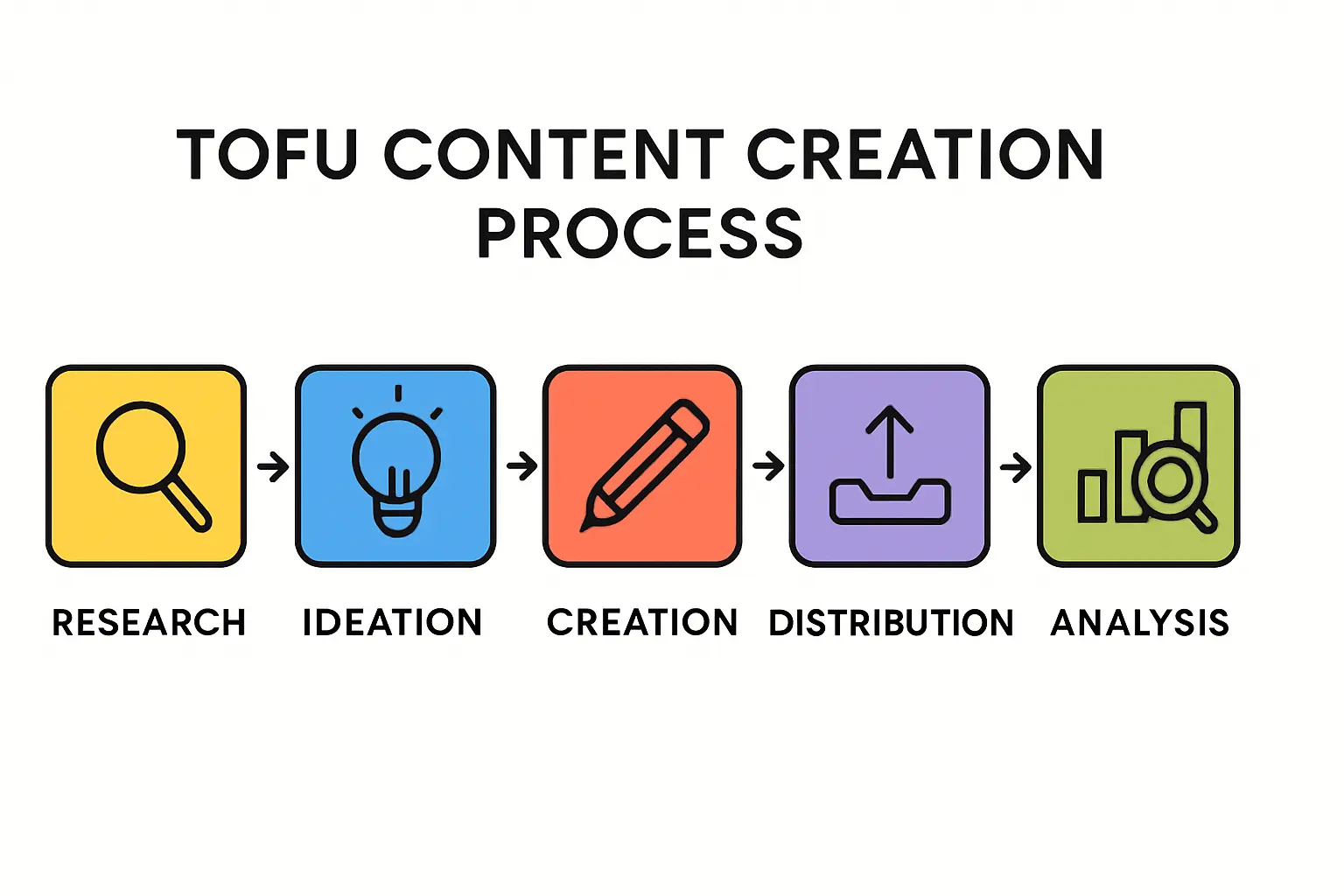
Practical Considerations and Risk Mitigation
Legal frameworks provide the map, but on-the-ground experience provides the compass. Based on project experience in similar markets, certain practical steps can significantly de-risk an investment.
The Importance of Local Partnerships
Consulting engagements with investors like the premier EU provider have consistently highlighted the strategic value of local partnerships. A reputable local partner can prove indispensable for navigating administrative procedures, understanding cultural business practices, and building relationships with suppliers and authorities. While the law permits 100% foreign ownership, a joint venture or a strong local consultancy can accelerate progress.
Understanding Repatriation and Foreign Exchange
Although the right to repatriate profits is legally guaranteed, investors should be mindful of the practical realities of foreign currency availability. Engaging with the Central Bank of Sudan and reputable local banks early in the process is advisable to clarify the procedures and potential timelines for foreign exchange transactions. Proactive planning can prevent future liquidity challenges.
Dispute Resolution Mechanisms
The Investment Act offers clear avenues for resolving disputes. While the primary option is the Sudanese judicial system, the law also permits disputes to be settled through national or international arbitration if stipulated in the investment agreement. Including a clause for international arbitration (e.g., through ICSID or UNCITRAL rules) in foundational agreements is a standard risk mitigation strategy for international investors.

Frequently Asked Questions (FAQ)
-
What is the minimum investment required to qualify for incentives in Sudan?
The 2021 Act does not specify a fixed minimum capital investment. Eligibility is determined more by the project’s nature, its alignment with national development goals, and its potential for job creation. A well-structured solar module production line business plan that demonstrates strategic value is more important than a specific dollar amount. -
How long does the investment approval process typically take?
Once a complete application is submitted, the initial issuance of an investment license can take between 30 and 60 days. However, the full process, including sector-specific permits and land allocation, will require a longer timeline. -
Can a foreign investor own 100% of a manufacturing company in Sudan?
Yes, the National Investment Act of 2021 explicitly allows for 100% foreign ownership of investment projects in most sectors, including manufacturing. -
Are the tax and customs incentives guaranteed for the entire life of the project?
The incentives, particularly the exemption from business profit tax, are granted for a specific period (typically 5-10 years) as stipulated in the investment license. Customs exemptions on capital goods apply to the setup phase, while exemptions for raw materials may be ongoing, subject to the terms of the license.
Conclusion and Next Steps
Sudan’s legal and regulatory framework offers a structured and incentivized pathway for investors in the renewable energy manufacturing sector. The government has established a foundation of legal protections and financial benefits to attract the capital and expertise needed to harness its immense solar potential.
However, success requires more than just understanding the law. It demands thorough due diligence, a clear understanding of the solar panel manufacturing process, and a strategic approach to navigating on-the-ground realities. For entrepreneurs ready to engage with this high-potential market, the combination of a robust legal framework and significant incentives offers a compelling formula for success.
Download: Sudan’s Manufacturing Investment Framework Case Study [PDF]
Author: This case study was prepared by the
turnkey solar module production specialists at J.V.G. Technology GmbH
It is based on real data and consulting experience from J.v.G. projects
worldwide, including installations ranging from 20 MW to 500 MW capacity.

